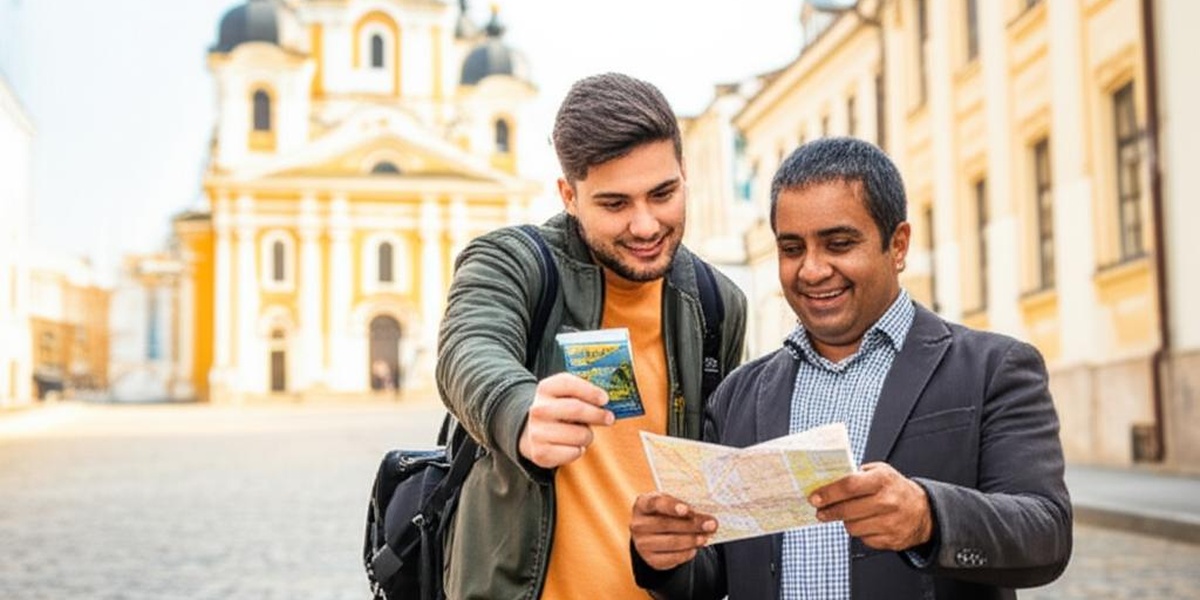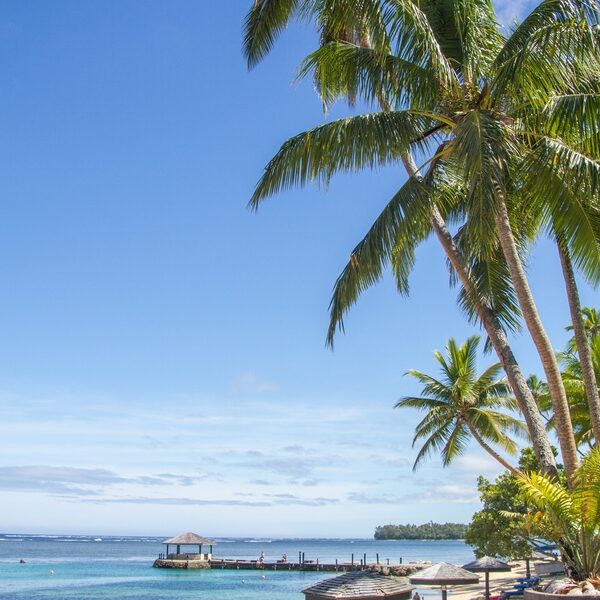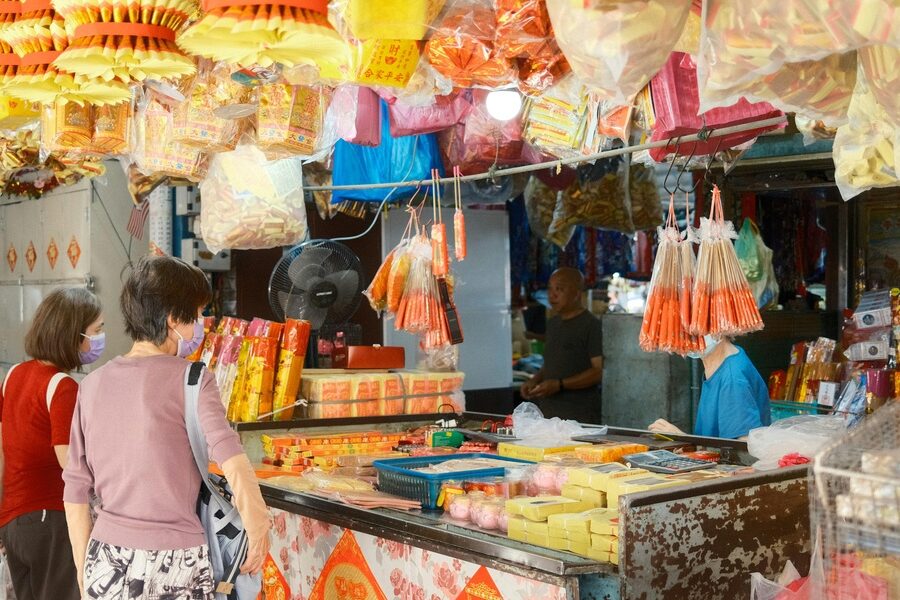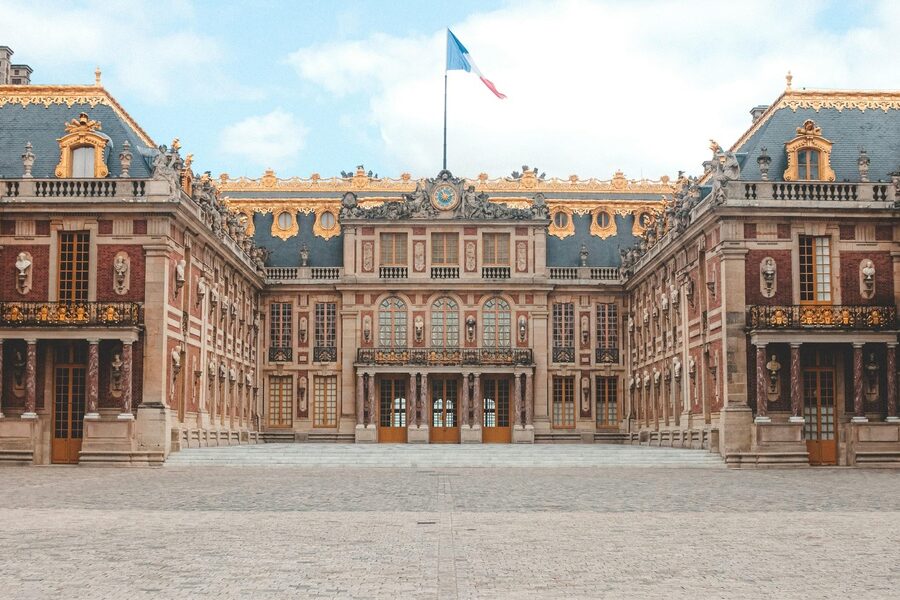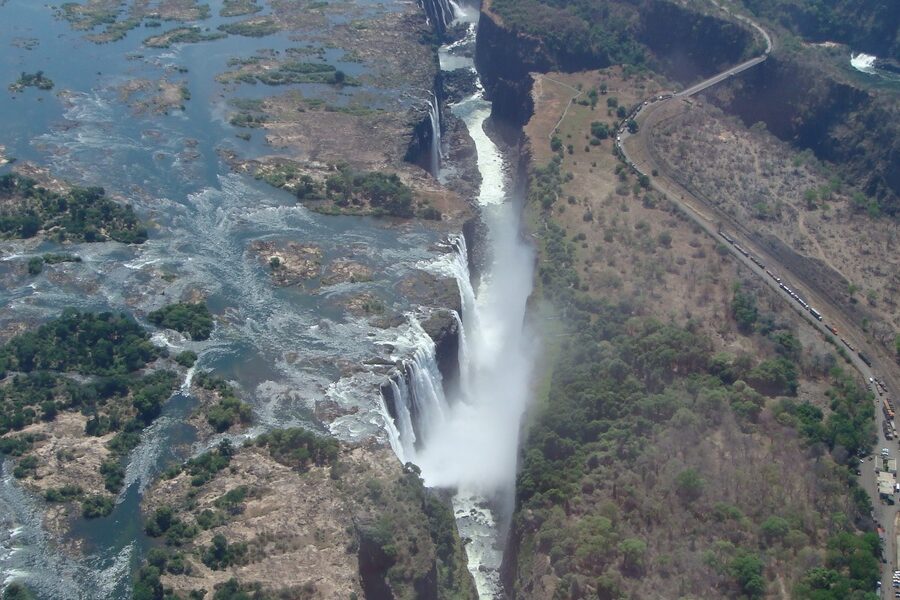Moldova’s mix of small towns, market stalls and train stations rewards travelers who try a few local phrases. Whether you’re asking for directions, buying a snack or checking train times, a handful of words makes everyday interactions smoother and friendlier.
There are 43 Useful Phrases for Tourists in Moldova, ranging from …gara? / …вокзал? to Închis / Закрыto. For each entry you’ll find below the English translation, Phonetic (latin), Context/use so you can read, pronounce and know when to use them — you’ll find below the full organized list.
How can I practice the pronunciations before my trip?
Use the Phonetic (latin) column to get started, then confirm with audio from a language app or short clips on YouTube for Romanian and Russian pronunciations; repeat aloud in context (questions, greetings) and practice with flashcards so phrases feel natural when you need them.
Will these phrases work in both cities and rural areas?
Yes — the English translation and Context/use note when a phrase is formal, casual or regional. Romanian is the national language and Russian is common in many areas, so these phrases will cover most situations; gestures and a friendly tone help when vocabulary differences arise.
Useful Phrases for Tourists in Moldova
| Phrase | English translation | Phonetic (latin) | Context/use |
|---|---|---|---|
| Bună ziua / Здравствуйте | Hello (Good day) | BOO-nuh ZEE-wah / ZDRAST-vwee-tye | A polite greeting during daytime hours. |
| Salut / Привет | Hi (informal) | sah-LOOT / pree-VYET | An informal hello for friends or younger people. |
| Bună dimineața / Доброе утро | Good morning | BOO-nuh dee-mee-NYAH-tsuh / DOB-ro-ye OO-tro | A greeting used only in the morning. |
| Bună seara / Добрый вечер | Good evening | BOO-nuh SYAH-ruh / DOB-riy VYE-cher | A greeting used in the evening. |
| Noapte bună / Спокойной ночи | Good night | NWAHP-teh BOO-nuh / spah-KOY-noy NO-chi | Said when parting for the night or going to bed. |
| La revedere / До свидания | Goodbye | lah reh-veh-DEH-reh / doh svee-DAH-nee-ya | A standard, polite way to say goodbye. |
| Da / Да | Yes | dah / dah | The universal word for ‘yes’. |
| Nu / Нет | No | noo / nyet | The universal word for ‘no’. |
| Vă rog / Пожалуйста | Please | vuh ROHG / pah-ZHAH-loos-tah | Used to say ‘please’ or to politely get attention. |
| Mulțumesc / Спасибо | Thank you | mool-tsoo-MESK / spah-SEE-boh | The standard way to say ‘thank you’. |
| Cu plăcere / Пожалуйста | You’re welcome | koo pluh-CHEH-reh / pah-ZHAH-loos-tah | The polite response to ‘thank you’. |
| Scuzați-mă / Извините | Excuse me / Sorry | skoo-ZAHTS-muh / eez-vee-NEE-tye | To get attention or apologize for a small mistake. |
| Vorbiți engleză? / Вы говорите по-английски? | Do you speak English? | vor-BEETS en-GLEH-zuh / vi go-vo-REE-tye po an-GLEE-skee | Asking if someone can speak English. |
| Nu înțeleg / Я не понимаю | I don’t understand | noo in-tseh-LEG / ya nye po-nee-MAH-yoo | To express that you do not understand. |
| Unde este toaleta? / Где туалет? | Where is the toilet? | OON-deh YES-teh twah-LEH-tuh / gdye too-ah-LYET | Asking for the location of the restroom. |
| Cât costă? / Сколько это стоит? | How much does this cost? | kut KOS-tuh / SKOL-ko EH-to STO-eet | Asking for the price of an item. |
| Meniul, vă rog / Меню, пожалуйста | The menu, please | meh-NEE-ool, vuh ROHG / me-NYOO, pah-ZHAH-loos-tah | Requesting the menu in a restaurant or cafe. |
| Nota, vă rog / Счёт, пожалуйста | The bill, please | NO-tah, vuh ROHG / schyot, pah-ZHAH-loos-tah | Asking for the check at the end of a meal. |
| Apă, vă rog / Воды, пожалуйста | Water, please | AH-puh, vuh ROHG / vo-DEE, pah-ZHAH-loos-tah | Ordering a glass or bottle of water. |
| Vin, vă rog / Вина, пожалуйста | Wine, please | veen, vuh ROHG / vee-NAH, pah-ZHAH-loos-tah | Ordering wine. |
| O cafea, vă rog / Кофе, пожалуйста | A coffee, please | oh kah-FYAH, vuh ROHG / KO-fe, pah-ZHAH-loos-tah | Ordering a coffee. |
| O bere, vă rog / Пива, пожалуйста | A beer, please | oh BEH-reh, vuh ROHG / PEE-va, pah-ZHAH-loos-tah | Ordering a beer. |
| Aș dori… / Я хотел(а) бы… | I would like… | ash doh-REE / ya khah-TYEL(a) bi | A polite way to state what you want to order or buy. |
| Ajutor! / Помогите! | Help! | ah-zhoo-TOR / po-mo-GEE-tye | A cry for help in an emergency. |
| Chemați poliția! / Вызовите полицию! | Call the police! | keh-MAHTS poh-LEE-tsee-ah / VI-zo-vee-tye po-LEE-tsiy-oo | An urgent request for police assistance. |
| Am nevoie de un doctor / Мне нужен врач | I need a doctor | ahm neh-VOY-eh deh oon DOK-tor / mnye NOO-zhen vrach | A request for medical assistance. |
| Unde este…? / Где находится…? | Where is…? | OON-deh YES-teh / gdye na-KHO-deet-sya | A basic question to ask for directions. |
| …gara? / …вокзал? | …the train/bus station? | …GAH-ruh / …vok-ZAL | Asking for the main station. |
| …un hotel? / …гостиница? | …a hotel? | …oon ho-TEL / …gos-TEE-nee-tsa | Asking for directions to a hotel. |
| …un bancomat? / …банкомат? | …an ATM? | …oon bahn-ko-MAHT / …ban-ko-MAT | Asking for the location of an ATM. |
| Drept înainte / Прямо | Straight ahead | drept i-na-EEN-teh / PRYA-mo | A direction given or understood. |
| Stânga / Налево | Left | STUN-gah / na-LYE-vo | The direction ‘left’. |
| Dreapta / Направо | Right | DRYAP-tah / na-PRAH-vo | The direction ‘right’. |
| Pot plăti cu cardul? / Можно оплатить картой? | Can I pay with a card? | poht pluh-TEE koo KAR-dool / MOZH-no o-pla-TEET KAR-toy | Asking if credit/debit cards are accepted. |
| Numerar / Наличные | Cash | noo-meh-RAR / na-LEECH-ni-ye | The word for cash currency. |
| Deschis / Открыто | Open | des-KEES / ot-KRI-to | Indicates that a shop or business is open. |
| Închis / Закрыто | Closed | in-KEES / za-KRI-to | Indicates that a shop or business is closed. |
| Un bilet, vă rog / Один билет, пожалуйста | One ticket, please | oon bee-LET, vuh ROHG / a-DEEN bee-LYET, pah-ZHAH-loos-tah | Requesting a single ticket. |
| Unu / Один | One | OO-noo / a-DEEN | The number one (1). |
| Doi / Два | Two | doy / dva | The number two (2). |
| Trei / Три | Three | trey / tree | The number three (3). |
| Zece / Десять | Ten | ZEH-cheh / DYE-syat | The number ten (10). |
| O sută / Сто | One hundred | oh SOO-tuh / sto | The number one hundred (100). |
Descriptions
Bună ziua / Здравствуйте
This is the standard formal greeting to use from morning until evening. It’s perfect for entering shops, addressing strangers, or in any formal setting. Using it shows respect and is always a safe, polite choice.
Salut / Привет
This is a casual ‘hi’ best used with people you know or in very informal settings like hostels or bars. While friendly, it’s safer to start with the more formal ‘Bună ziua’ when in doubt.
Bună dimineața / Доброе утро
Use this polite greeting until about 10 or 11 AM. It’s a warm and respectful way to start the day when interacting with hotel staff, café workers, or anyone you meet early in the day.
Bună seara / Добрый вечер
This is the standard polite greeting for any time after about 6 PM. Use it when entering a restaurant for dinner, meeting someone in the evening, or greeting shopkeepers during evening hours.
Noapte bună / Спокойной ночи
This phrase is specifically for saying ‘goodbye’ at the very end of the evening, typically when you or someone else is leaving to go to sleep. It is not used as a general evening greeting.
La revedere / До свидания
This is the most common and versatile way to say goodbye in any situation, whether formal or informal. It’s the equivalent of ‘farewell’ or ‘see you again’ and is always an appropriate way to end a conversation.
Da / Да
A simple ‘yes’. It’s one of the most important words to know and is understood everywhere. Use it to affirm, agree, or answer a question positively. The pronunciation is virtually identical in both languages.
Nu / Нет
Just as important as ‘yes’, this is the straightforward way to say ‘no’. It’s clear and direct, used for refusing something, disagreeing, or answering a question in the negative.
Vă rog / Пожалуйста
A crucial word for politeness. Add it to any request to sound courteous. In Russian, ‘Пожалуйста’ also means ‘you’re welcome’, but in Romanian, ‘please’ is distinct.
Mulțumesc / Спасибо
Expressing gratitude is always appreciated. ‘Mulțumesc’ is the go-to phrase in Romanian for thanking anyone, from a waiter to someone giving directions. It’s a cornerstone of polite interaction.
Cu plăcere / Пожалуйста
When someone thanks you, this is the proper reply. It means ‘with pleasure’. Note that the Russian word for ‘please’ and ‘you’re welcome’ is the same, which is convenient for learners.
Scuzați-mă / Извините
Use this to politely get past someone in a crowd, to ask a stranger for help, or to offer a light apology. It’s a versatile phrase for navigating public spaces and initiating conversations respectfully.
Vorbiți engleză? / Вы говорите по-английски?
This is a vital first question before attempting a conversation in English. It’s polite to ask in the local language first, and people will appreciate the effort even if they don’t speak English.
Nu înțeleg / Я не понимаю
An essential phrase for any language learner. Use it when you’re confused or can’t follow a conversation. It’s a clear signal that the other person might need to slow down, simplify, or use gestures.
Unde este toaleta? / Где туалет?
A practical and often urgent question. This phrase is universally useful in restaurants, museums, stations, and public places. Knowing it can save you from awkward situations and make your travels much smoother.
Cât costă? / Сколько это стоит?
This is your go-to phrase for shopping in markets, souvenir shops, or anywhere prices aren’t clearly marked. It’s simple, direct, and essential for managing your budget and making purchases.
Meniul, vă rog / Меню, пожалуйста
This is the first phrase you’ll likely use when sitting down at a restaurant. It’s a polite and direct way to ask the waiter to bring you the menu so you can see what’s on offer.
Nota, vă rog / Счёт, пожалуйста
When you’re finished eating and ready to pay, use this phrase to signal to your server that you’d like the bill. It’s a clear and polite way to conclude your dining experience.
Apă, vă rog / Воды, пожалуйста
A simple but essential request, especially on a warm day. You can specify ‘apă plată’ (AH-puh PLAH-tuh) for still water or ‘apă minerală’ (AH-puh mee-neh-RAH-luh) for sparkling.
Vin, vă rog / Вина, пожалуйста
Moldova is famous for its wine, so this phrase is a must. You can specify ‘roșu’ (RO-shoo) for red or ‘alb’ (ahlb) for white to get the type of wine you prefer.
O cafea, vă rog / Кофе, пожалуйста
Whether you need a morning boost or an afternoon break, this is how you ask for a coffee. It’s a simple and effective phrase to use in any of Moldova’s many charming cafes.
O bere, vă rog / Пива, пожалуйста
Moldova has a growing craft beer scene. Use this phrase at a bar or restaurant to order a beer. It’s a straightforward request that will be easily understood by your server.
Aș dori… / Я хотел(а) бы…
This is a very polite and versatile sentence starter. Follow it with the name of the dish, drink, or item you want. It sounds more courteous than simply pointing or naming the item.
Ajutor! / Помогите!
This is a critical word to know for emergencies. Yell it loudly if you are in danger, need medical assistance urgently, or are in any serious trouble. It’s a universal signal for immediate help.
Chemați poliția! / Вызовите полицию!
In case of a crime, accident, or other serious incident, this is the phrase to use to ask someone to call law enforcement. It’s an essential part of your emergency vocabulary.
Am nevoie de un doctor / Мне нужен врач
Use this phrase if you feel unwell or have been injured and require medical attention. It clearly communicates your need for a doctor to hotel staff, a pharmacist, or anyone nearby who can help.
Unde este…? / Где находится…?
This is your fundamental tool for navigation. Simply add the name of the place you’re looking for after this phrase, such as ‘Unde este piața?’ for ‘Where is the market?’.
…gara? / …вокзал?
Use this after ‘Unde este…?’ to find the central station. In Romanian, ‘gară’ can mean train or bus station (‘autogară’ is more specific for bus), while Russian ‘вокзал’ is more general.
…un hotel? / …гостиница?
If you’re looking for lodging, this is the phrase to use. You can ask for a specific hotel by name or just for any hotel if you’re searching for a place to stay.
…un bancomat? / …банкомат?
When you need to withdraw cash, use this phrase to ask a local where to find the nearest automated teller machine. The word is very similar in many languages, making it easy to remember.
Drept înainte / Прямо
When asking for directions, this is a common response you’ll hear. It tells you to continue going straight on your current path without turning. It’s simple and crucial for following directions.
Stânga / Налево
This is the word for the direction ‘left’. You will hear it when getting directions, or you can use it to instruct a taxi driver. It’s a basic but essential piece of navigational vocabulary.
Dreapta / Направо
This is the word for the direction ‘right’. Paired with ‘left’ and ‘straight’, it forms the foundation of understanding and giving directions. It’s a must-know for navigating the city streets.
Pot plăti cu cardul? / Можно оплатить картой?
Before ordering or making a large purchase, it’s wise to ask this. While cards are widely accepted in cities, smaller shops or rural areas may be cash-only. This question helps avoid any payment issues.
Numerar / Наличные
This word is useful when discussing payment methods. You might hear ‘doar numerar’ (cash only) or need to specify you are paying with cash. It’s a key term for any transaction.
Deschis / Открыто
Look for this sign on the door of shops, restaurants, and museums to know they are open for business. It’s a simple, helpful word for planning your day’s activities.
Închis / Закрыто
If you see this sign on a door, it means the establishment is currently closed. Knowing this word can save you a wasted trip and help you understand business opening hours.
Un bilet, vă rog / Один билет, пожалуйста
Use this phrase at a museum, cinema, or when buying a ticket for public transport. It’s a simple, direct, and polite way to make your purchase for one person.
Unu / Один
Knowing the first few numbers is incredibly useful for everything from ordering drinks to understanding prices. ‘Unu’ is the foundation of counting in Romanian.
Doi / Два
Essential for ordering two coffees, buying two tickets, or indicating a party of two at a restaurant. A fundamental number for everyday tourist interactions.
Trei / Три
Another basic number that is useful in many daily situations. Being able to count to at least ten is a great way to handle simple transactions and requests more smoothly.
Zece / Десять
A key number for counting and understanding prices. Knowing the numbers up to ten will give you a significant advantage in shops, markets, and restaurants.
O sută / Сто
Important for understanding larger prices, especially since the Moldovan Leu comes in larger denominations. It helps you quickly grasp the cost of items like meals, souvenirs, or hotel rooms.

